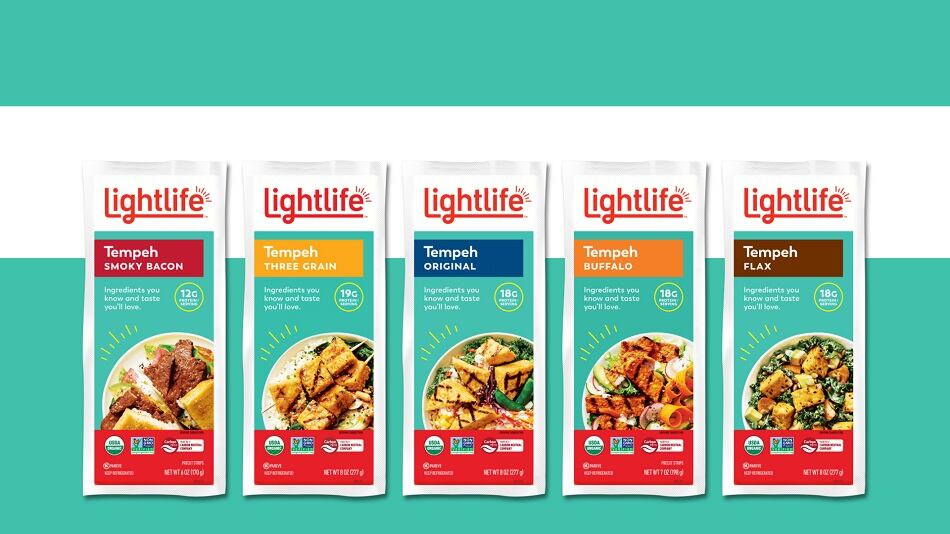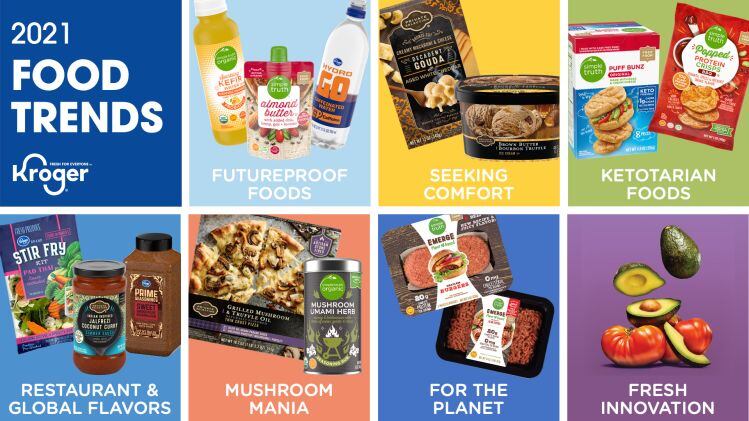According to SPINS sales data provided by the Plant Based Foods Association for the 16 weeks ending 4/19/2020, tempeh retail sales surged 88% (compared to last year) during peak panic buying and 35% in the four weeks post panic buying.
Despite the significant uptick in plant-based protein purchases, Maple Leaf Foods battled with a difficult year of supply chain and production disruptions brought on by the COVID-19 pandemic – which contributed to a 66.1% drop in gross profit in Q3 2020.
However, through its efforts in scaling and increasing production of in-demand plant-based protein products, Maple Leaf Foods has been able to turnaround its performance, particularly for its tempeh product line which accounted for roughly 80% of total US tempeh dollar sales and grew sales by 44% in 2020 (according to SATORI, SPINS, Total MULO + Natural Channel for the latest 52 weeks ending 10/4/20).
Following a lackluster third quarter, Maple Leaf Foods was able to significantly increase its retail footprint of Lightlife tempeh products in November 2020 and rolled out to 3,500 Walmart stores nationwide (available in the produce section). Lightlife tempeh products are now available in more than 18,500 stores including Meijer, Publix, Kroger, Whole Foods, and other major retailers.
Lightlife tempeh products include: original tempeh, buffalo tempeh strips, smoky tempeh Strips, three grain tempeh, and flax tempeh. All products are organic, non-GMO, Kosher-certified and contain between 12 and 19 grams of protein per serving.

"Maple Leaf Foods has been purposeful in executing a multi-tiered strategy focused on capital efficiency. To date, we have found ways to leverage the capacity of our existing plant protein manufacturing assets, while successfully utilizing footprint in the rest of our network," said Michael McCain, president and CEO of Maple Leaf Foods.
"At this juncture, given the high demand for our tempeh products, this project offers us the ability to deliver incremental capacity in a cost-effective, timely manner in a location that has synergies with our long-term vision.”
Meeting short-term tempeh production needs
In 2019, Maple Leaf Foods announced plans to build a new plant protein facility in Shelbyville, Indiana. Development of that project has been delayed due to a number of factors such as higher construction material costs which have exceeded original estimates by approximately $60m and other complexities created by the COVID-19 pandemic.
"By leveraging the opportunity to acquire an existing facility in Indianapolis to fast-track tempeh production, the company will be able to meet near term, growing demand for tempeh while allowing more time to develop its longer-term vision for Shelbyville," the company stated.
Based on early pre-engineering for the build-out of the plant, the estimated cost of the Indianapolis project, including the acquisition cost, is approximately $100m with initial production at the plant targeted to begin in the first half of 2022. The Indianapolis plant will have an initial production capacity capable of producing 4.5 million kilograms of tempeh per year.
If demand for tempeh continues as expected, the plant offers the flexibility for Maple Leaf Foods to expand production further under a second phase of the project.
Once fully operational, the production facility is expected to employ approximately 115 people.




